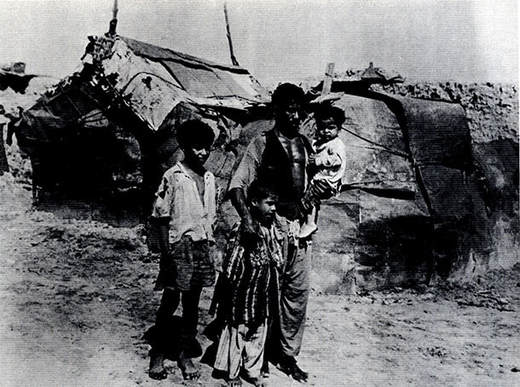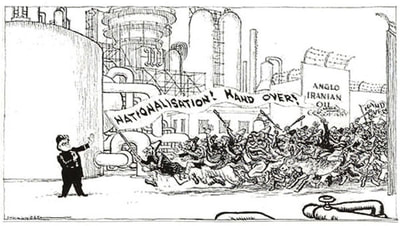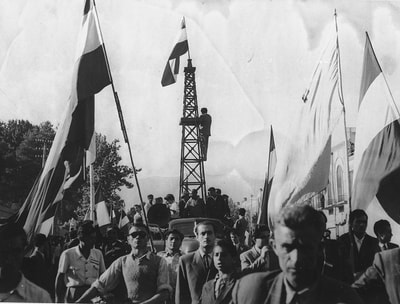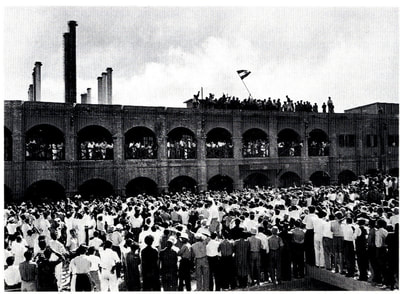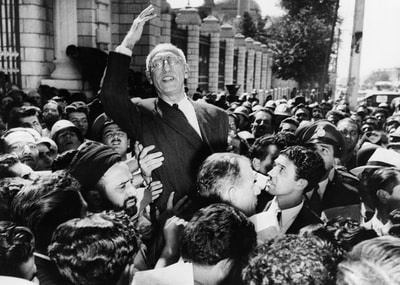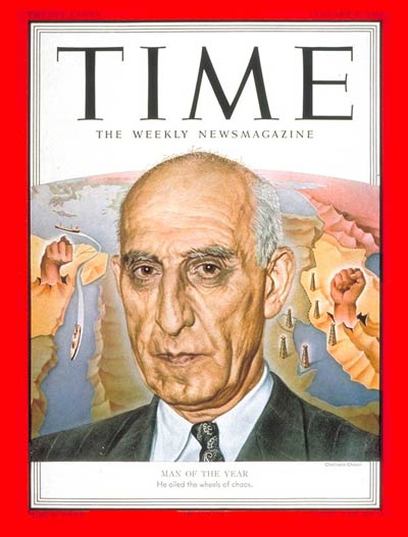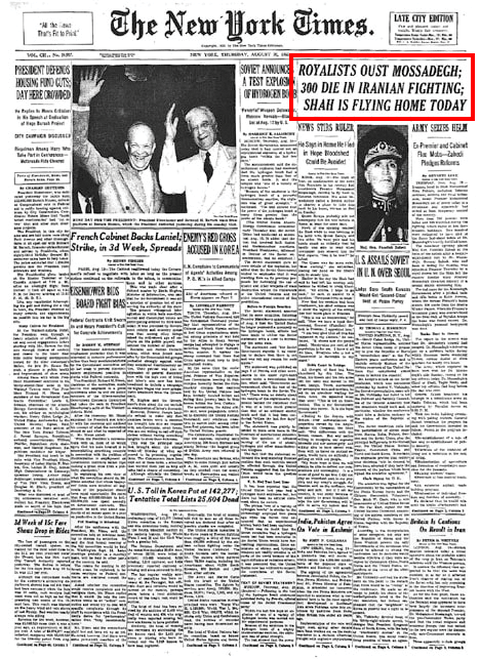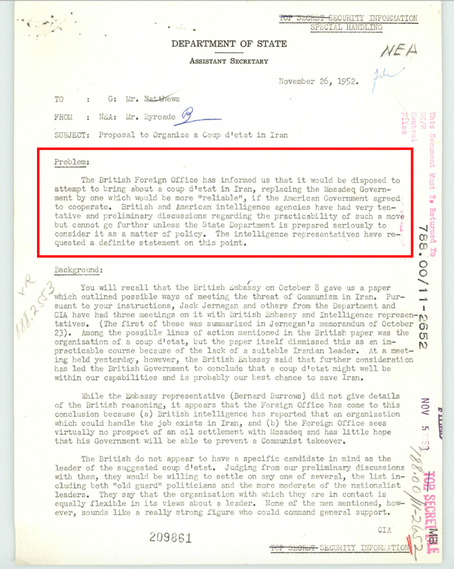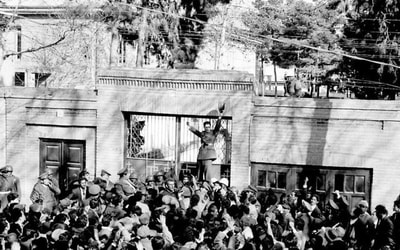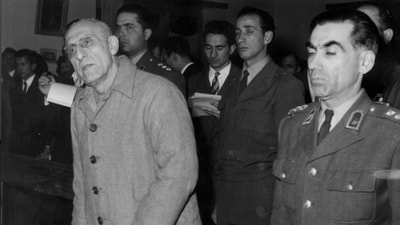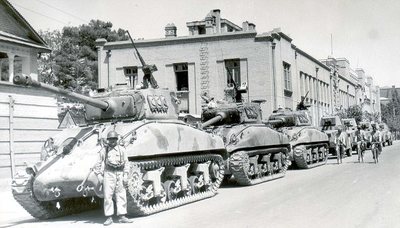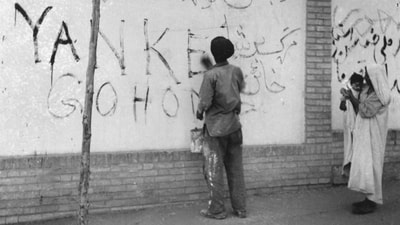"Monarchist demonstrators in Tehran downtown, August 26, 1953", RT International
EXPLOITATION OF THE IRANIAN OIL
INDUSTRY LAYS THE GROUNDWORK
FOR ECONOMIC CONFLICT
The exploitation of Iran’s lucrative oil market by the Anglo-Iranian Oil Company (AIOC)
created an economic conflict of interest between Iran and the West.
created an economic conflict of interest between Iran and the West.
|
The D’Arcy Concession of 1909 gave Britain’s AIOC exclusive prospecting rights for Iranian oil. The AIOC paid more in taxes to the British government than royalties to the Iranian government. Non-British AIOC workers were impoverished.
Wages were 50 cents a day. There was no vacation pay, no sick leave, no disability compensation. The workers lived in a shanty town … without running water or electricity. |
Slum in Abadan, Iran, Abadan:Retold
|
|
Led by Mohammad Mossadegh, outrage over Iran’s unequal share of oil revenues led to the Iranian Parliament’s nationalization of the AIOC in April 1951. Mossadegh was elected Prime Minister of Iran afterward.
|
Mohammad Mossadegh, Man of the Year, "He oiled the wheels of chaos",
January 7, 1952, TIME |
|
Britain asked the U.S. Central Intelligence Agency (CIA) to execute a coup d’état against Mossadegh and return the shah to power.
...if Persia was allowed to get away with it, Egypt and other Middle East countries would be encouraged to think that they could try things on: the next thing might be an attempt to nationalise the Suez Canal. On August 19, 1953, the CIA successfully ousted Mossadegh. The oil industry fell under foreign control once again, and the shah, who had previously fled the country, returned to Iran.
"Royalists Oust Mossadegh; 300 Die in Iranian Fighting; Shah is Flying Home Today,"
August 20, 1953, The New York Times |
State Department's "Proposal to Organize a Coup d'etat in Iran,"
November 26, 1952, National Security Archives (Click to enlarge) ...as word began to leak out about the secret role played by the United States in keeping the shah on his throne there was for the first time a strong current of anti-Americanism abroad in the land. |
